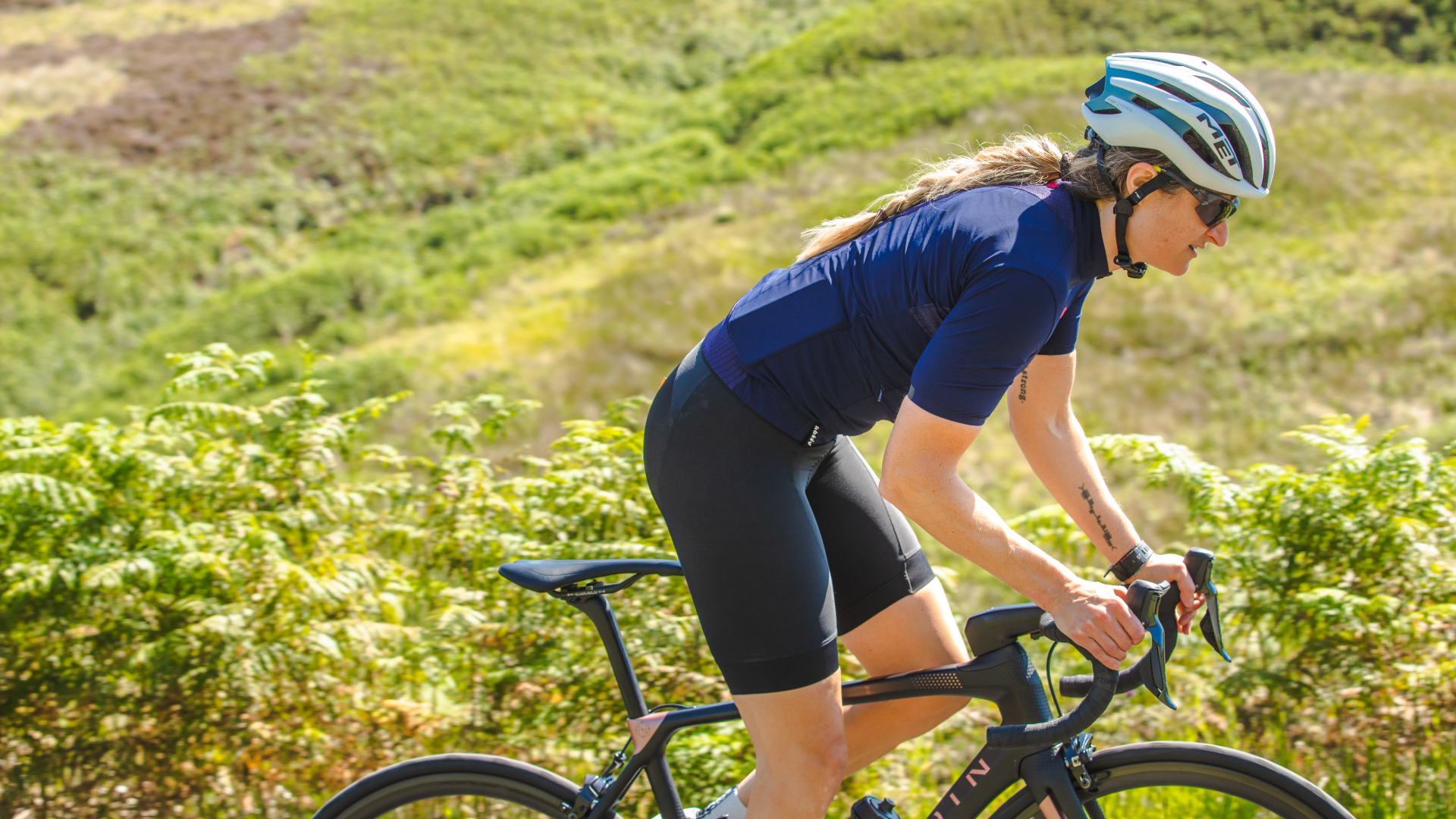'Remember pain is just French for bread': We could all learn something from this cancer survivor's method for dealing with tough days in the saddle
Can reframing your pain help you push yourself harder, faster and for longer?
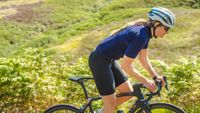
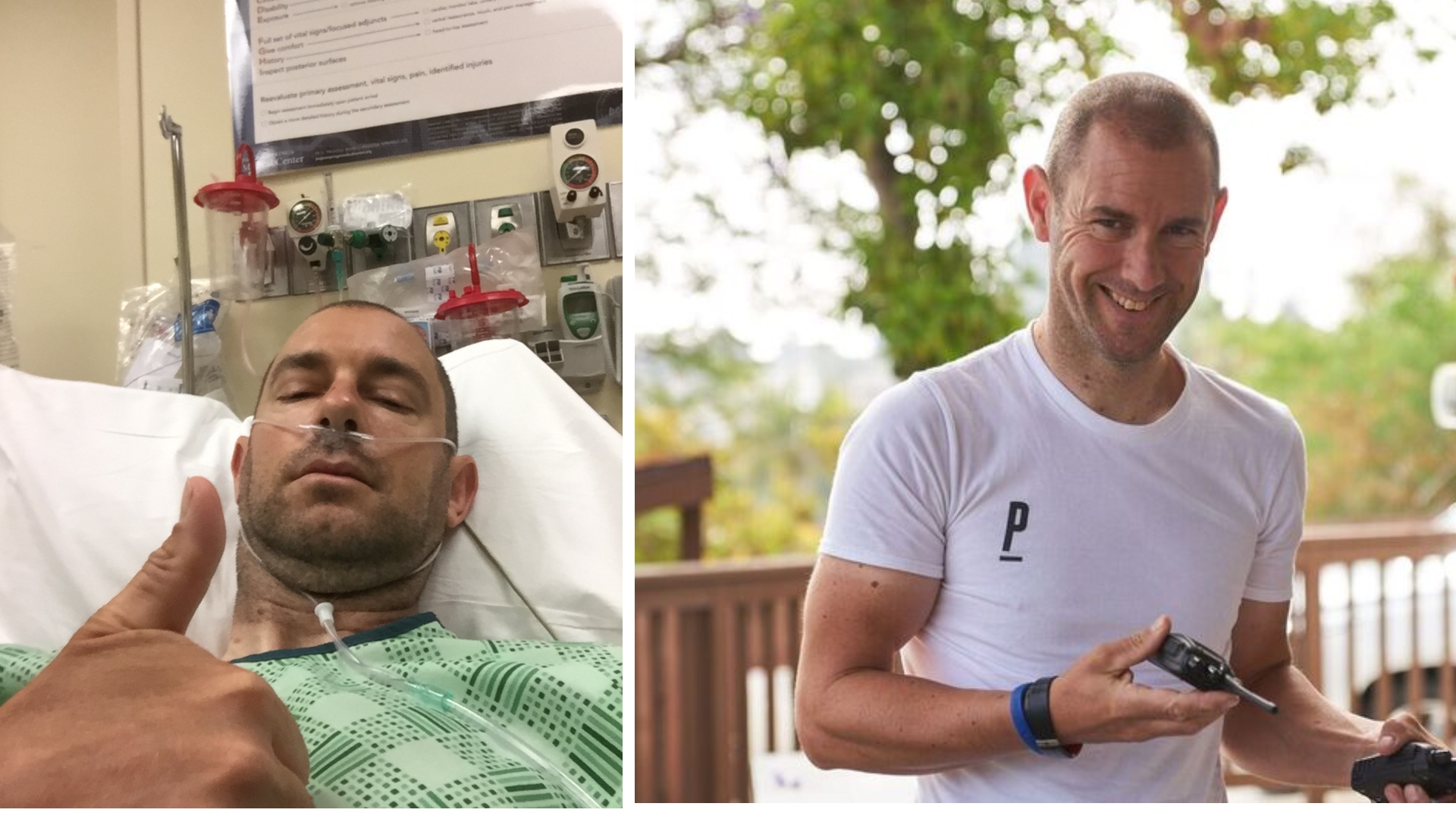
The latest race content, interviews, features, reviews and expert buying guides, direct to your inbox!
You are now subscribed
Your newsletter sign-up was successful
Most of us have busy lives, packing in cycling alongside work, family commitments and more - making 'quick wins' extremely inviting. But, do they work? In our weekly series we speak to cyclists of all kinds, to find out what one change they've made that's helped to make them a better bike rider - and ask - will it work for you?
Richard Salisbury is the founder of Pedal Precision and Director of the Cyclists Fighting Cancer charity. He uses his skills as a qualified cancer exercise and injury rehabilitation specialist - paired with his professional bike fitting knowledge - to help provide as many bikes and adaptive trikes to children living with an beyond cancer diagnosis.
Dreaming of a career in cycling and skiing, aged 21 Salisbury was diagnosis with Hodgkins Lymphona and underwent surgery, chemotherapy and radiotherapy, leaving him with a lot of scars and damage to his heart and kidneys, along with brain scar tissue.
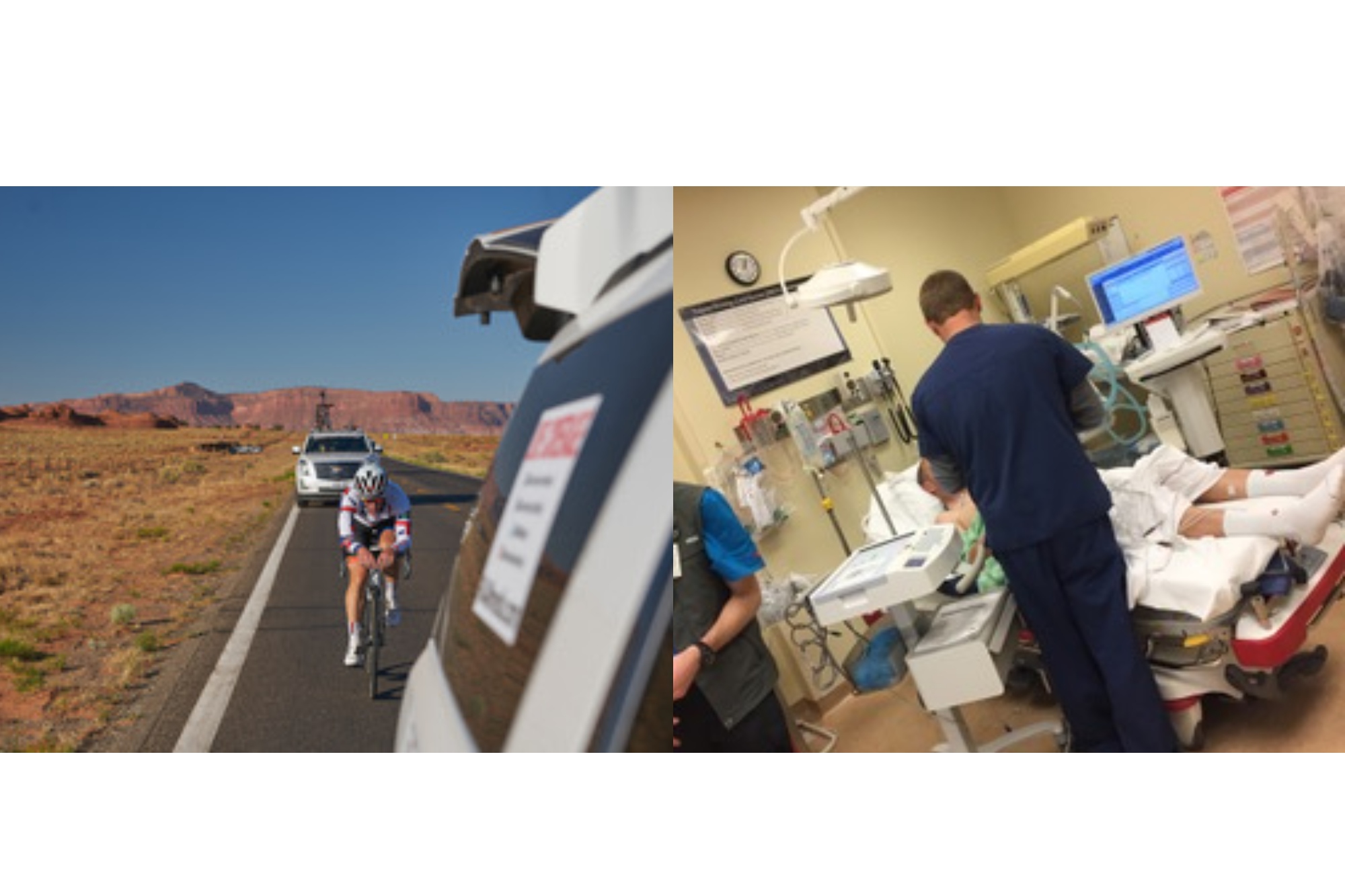
RAAM How it started, how it finished....
Since being in remission Salisbury attempted to be part of the first cancer surviving team to try and complete the arduous Race Against America (RAAM), before landing in Colorado in ICU with kidney failure and sepsis.
Undeterred Salisbury still loves cycling, helping him during his own recovery from cancer, but now he has a totally different outlook when suffering in the saddle.
"When I am on my bike, the going is hard, or hot, I think back to all those times in hospitals or lying in bed at home trying to deal with one intense pain. Thinking 'Pain is Just French for Bread' gives me context and allows me to 'enjoy the pain' and the ride all that much more."
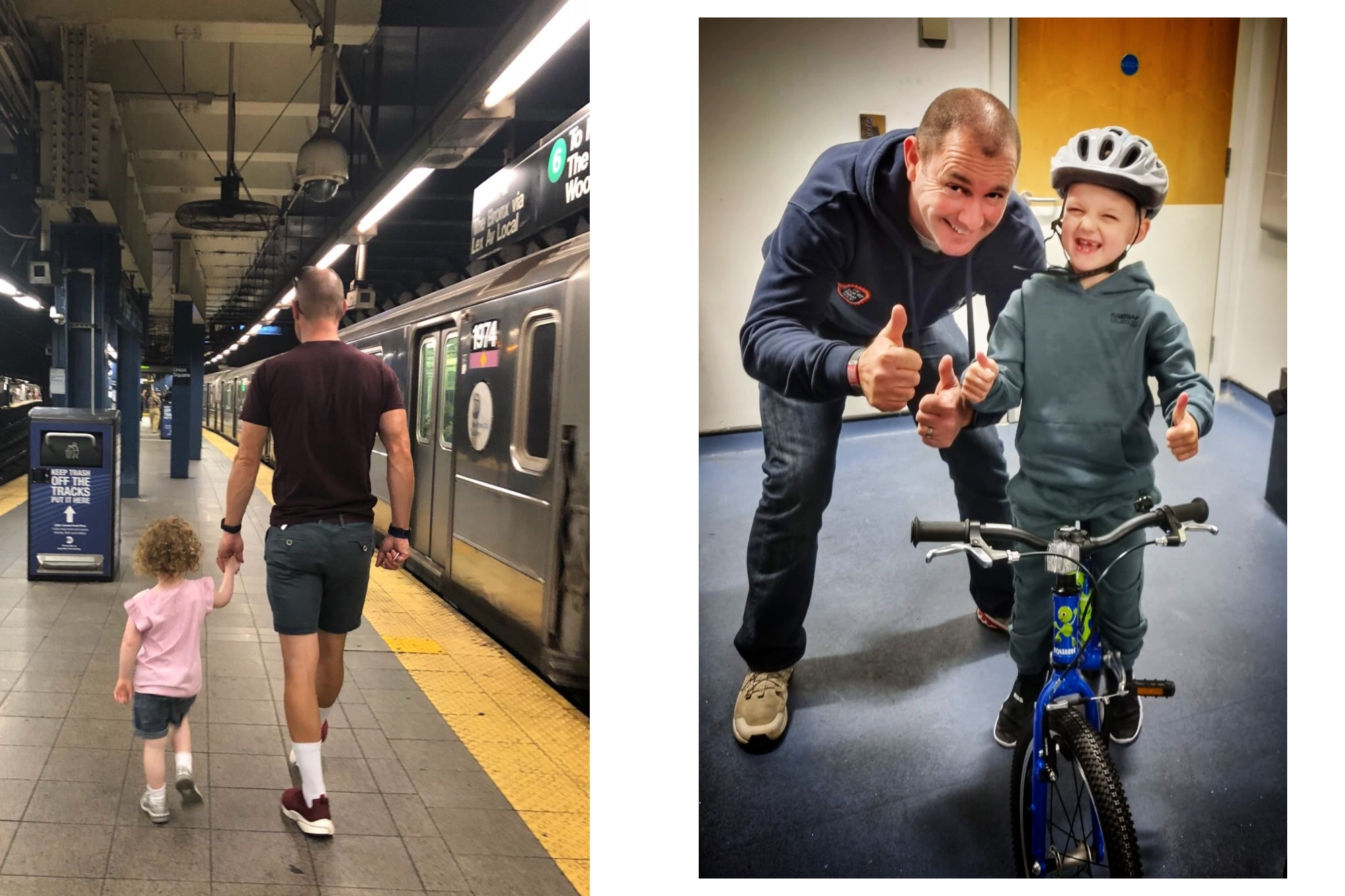
How it's going now. Salisbury with daughter in NYC after being discharged from after his near death experience (left)
Carrying out his CFC role with a happy bike recipient
Just one small change: Remember pain is just bread in French!
Salisbury says that the psychological aspect of this phrase has helped him summit hills or ride harder than he thought possible. "I use it to coach myself on long climbs, or to being able to hold the wheel when I’m with a group of riders that are faster than me, and I have spent a lot of time riding with stronger people with my status of perennial NHS botherer!" Salisbury jokes.
The latest race content, interviews, features, reviews and expert buying guides, direct to your inbox!
This is almost too comical to take seriously. But Salisbury is totally genuine when he says that knowing that ‘pain is just French for bread’ has helped him overcome the biggest pain mountains.
So what on earth is happening psychologically to Salisbury when he dials into the quirky motivational motto?
To understand more I reached out to the authors of ‘Ouch! Why Pain Hurts, and Why it Doesn’t Have To’ American's Margee Kerr and Linda Rodriguez Mc Robbie.
Experts view
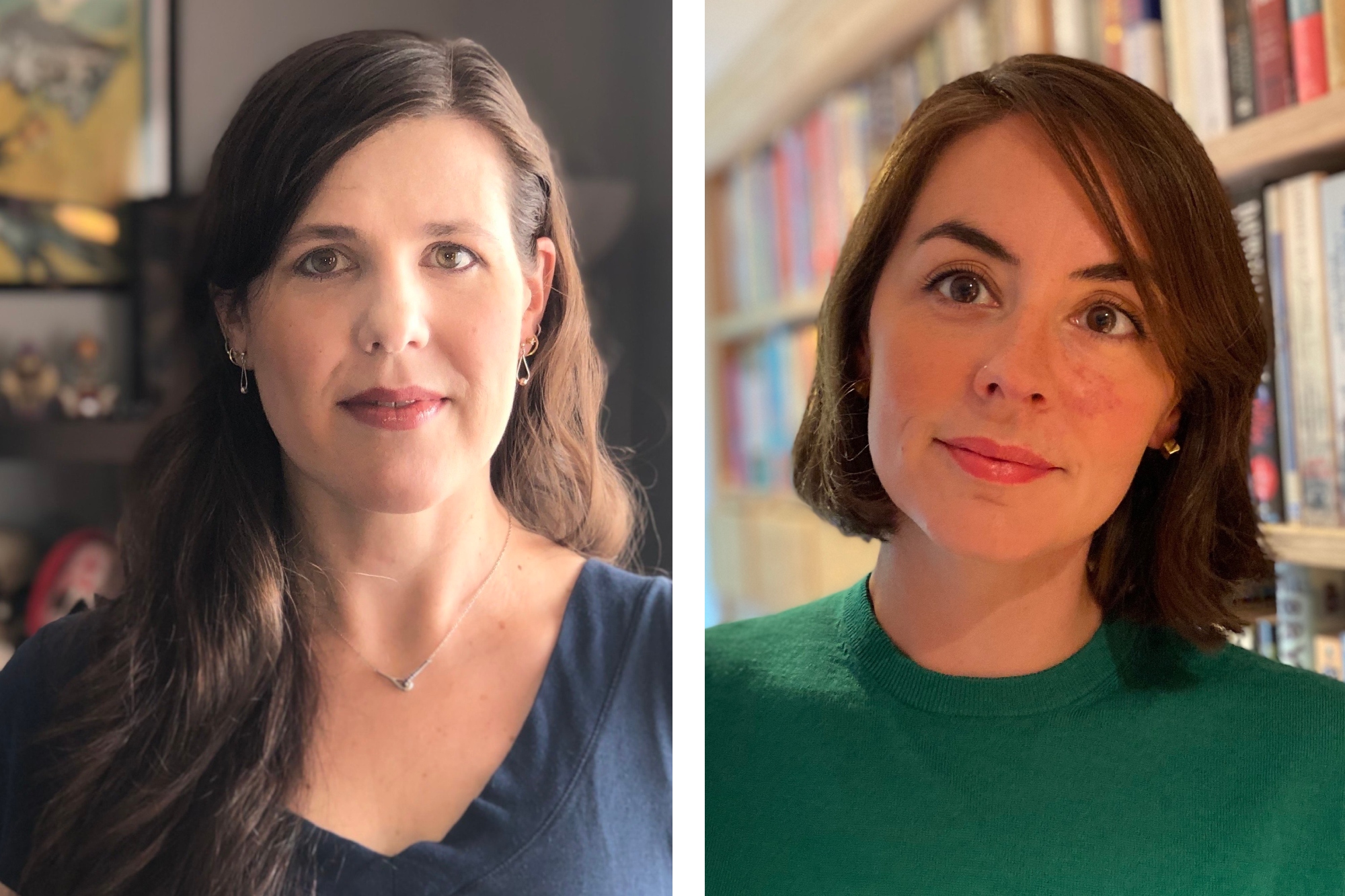
Margee Kerr and Linda Rodriguez McRobbie authors of Ouch! Why pain hurts and why it doesn't have too.
Margee Kerr, PhD, is a Sociologist, author, researcher, and part-time faculty member at the University of Pittsburgh. Linda Rodriguez McRobbie is an award-winning journalist, author, and podcaster living in England.
Their book explains how pain is made and how our brains and bodies create the experience. Together they investigated and researched the world of pain to explain how complex and multi-layered it is, as well as revealing how history, science and culture shapes our own experiences of pain.
I admit to both Kerr and Rodriguez Mc Robbie that I was rather apprehensive in asking about how the phrase 'pain is just French for bread' could help someone with their pain management, but both delight in how great an example of 'reframing pain' the phrase is.
"When you are experiencing pain, one of the best ways to help is to take control" says Kerr, adding that "when you have implicit knowledge of the pain, you can own it
"Reframing the situation like this, is like saying this is mine, I can be in the driving seat, and the best thing is that once you can do this for one situation, you can apply it to others."
Rodriguez Mc Robbie agrees "When you know how to do this, to reframe pain, it can really spur you on, it allows you to become free.
"For example" says Rodriguez Mc Robbie "I have this phrase that goes 'I can do anything for thirty seconds', or it might be a minute, or even an hour, but that helps me see the sensation as a positive. Effectively it’s saying 'I feel the feeling' but in a more helpful way. You can even go further and recategorise the pain” she adds.
You might even decide not to call it 'pain' at all.
"Like it’s feeling tingling fabulous" chips in Kerr laughing "this pulses it out of the pain category, allowing you to leave it behind and allow it to become something new.
"Pain is an experience, but accepting demolishes the panic and fear that surrounds the feeling" adds Kerr on a more serious note, telling me that a good way to reduce the intensity is to "divorce from the negative connotations of pain and recode the experience."
Reframing pain
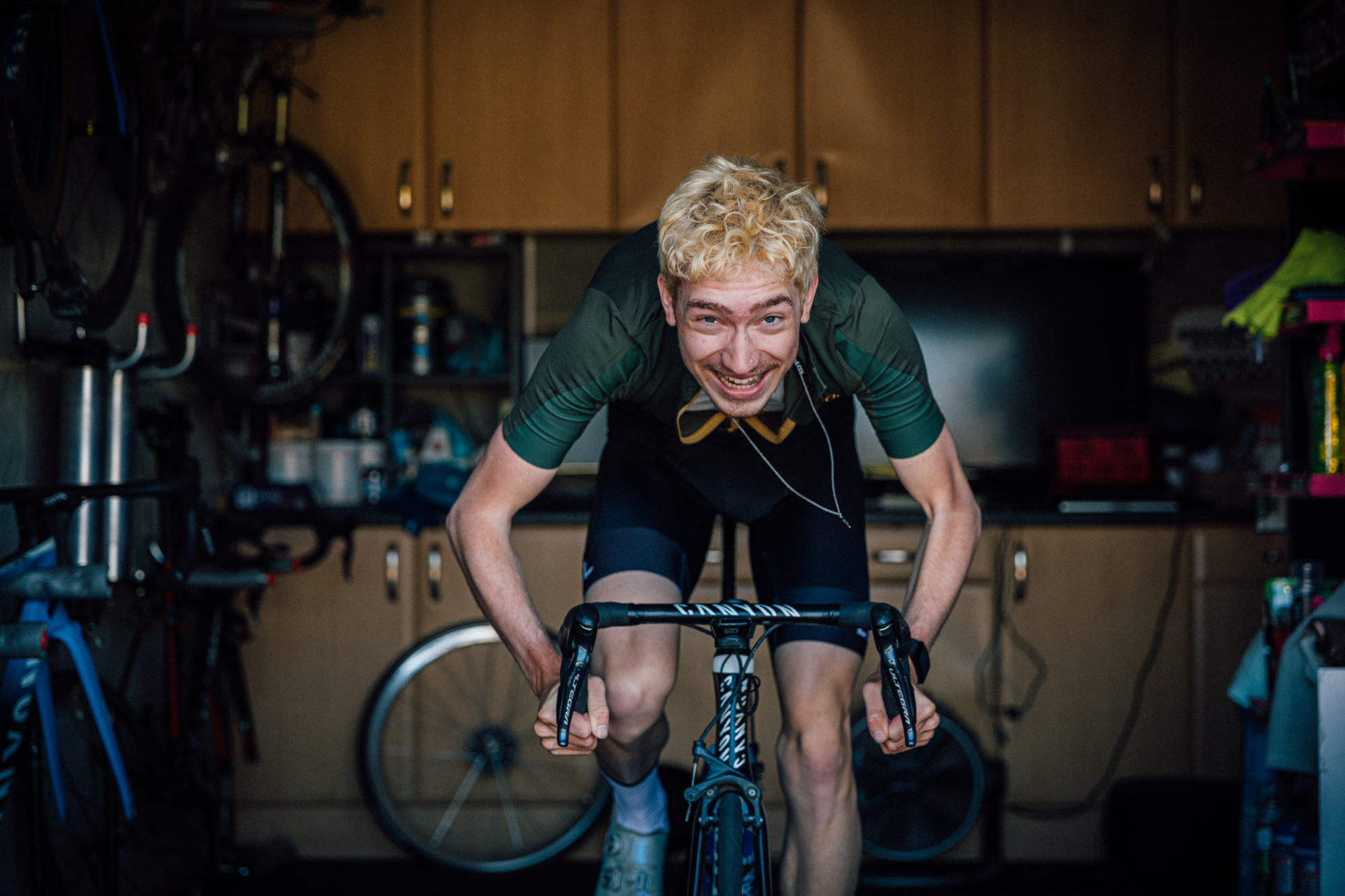
A 2007 study featured in the book Ouch! looked at how Olympic cyclists coped with exertions and pain during performance. Study authors Kress and Statler discovered that along with 'exercise-induced analgesia' (pain killers), the most common strategies was 'pain was purely perception', positive self-talk, goal-setting, re-framing pain as a positive thin, reappraisal and viewing pain as useful.
Asking more about how a motto or phrase actually does this, Rodriguez Mc Robbie tells me that part of it is down to distraction techniques "it stops you feeling overwhelmed. The trick is to pull yourself out, and have a rhythm or repeating
"For example I do a lot of cold water long distance swimming, and by that I mean several hours at a time, and towards the end when it’s getting really tough I keep repeating 'move more water' to get me through."
So is the reframing concept just a case of trying to ignore our pain I wonder.
Far from it "acknowledging pain and being in control allows you to re-code the fear of pain" says Kerr, adding that "being sympathetic to our nervous system, while reducing pain avoidance is a huge part of the reframing process."
In their book, Ouch!, Kerr and Rodriguez Mc Robbie write about how the ability to reframe pain can increase a person's tolerance of it. It’s when we try and suppress our pain that we feel it more.
Once you’ve got the hang of this, what Kerr calls 'mental gymnastic' workout, it can pay dividends across dealing with pain in all elements of life, physically and mentally.
"This is so transferable to other negative experiences" reveals Rodriguez Mc Robbie "knowing that you can transfer this to feelings, such as stress is so important to giving you a sense of agency."
I’m astounded by the depth that such a fun quirky motto of knowing that 'pain is just French for bread' can help with pain management and mental resilience. But what if we’re just not the kind of people who find humour helpful?
"Everyone has their own ways to manage and maintain a sense of control" responds Kerr "I think it’s amazing how thinking something can cross over into what your body can feel.
"Isn’t it impressive that something even such as closing our eyes can change how our body feels things" wonders Kerr. "The act of smiling and crying both act as releases for the hormones we need in order to feel better, such as dopamine and serotonin" she confirms.
The main thing both Kerr and Rodriguez Mc Robbie affirm, is that when it comes to reframing your pain, you need to practise anchoring it, so that there's an association between a word or phrase and a feeling.
This all sounds like an excellent pain management process, but what about the time when everything still hurts, when we just can’t get in that driving seat and control it.
"Acceptance goes a long way" Kerr reassures me "it’s normal and ok to know that pain sucks."
"It isn’t failure to feel pain," Rodriguez Mc Robbie reassures me "having people around who can help you and give some validity to how your feeling can help.
"With children in pain, rather than just dismissing their hurting, a good practice is ABC -'acknowledge, bandage and care, and we should totally do that with everyone" she adds, before Kerr adds a helpful golden rule when dealing with other people's pain management.
"Don’t rule out other people's discomfort" she concludes, "or dismiss, or compared with a ‘could be worse’ type comment. A far better way of helping is just saying that this sucks and I’m here for you will make someone feel much better."
Our view
I'm a total convert with this suggestion.
While I might have to 'reframe pain' in my own way - I don't think repeating the word 'baguette' is going to work for me - Salisbury has really tapped in into a way that would help a lot of cyclists go further or faster than before just from thinking more positively about how they feel on the bike.
I also really brought in to the importance non-pain avoidance from Kerr and Rodriguez Mc Robbie. There have been many instances where I've called upon my resilience learnt suffering in the gutter during a grim race in Belgium or during a tough training session, to help me to deal with a mentally stressful or painful time.
The phrase "this too shall pass" got me through much of my early parenting days, and I still call upon it now when things get hard. So perhaps it's time to add some more positive affirmations to get me through the next race or event. Suggestions as to what this could be are welcome!
Hannah is Cycling Weekly’s longest-serving tech writer, having started with the magazine back in 2011. She has covered all things technical for both print and digital over multiple seasons representing CW at spring Classics, and Grand Tours and all races in between.
Hannah was a successful road and track racer herself, competing in UCI races all over Europe as well as in China, Pakistan and New Zealand.
For fun, she's ridden LEJOG unaided, a lap of Majorca in a day, won a 24-hour mountain bike race and tackled famous mountain passes in the French Alps, Pyrenees, Dolomites and Himalayas.
She lives just outside the Peak District National Park near Manchester UK with her partner, daughter and a small but beautifully formed bike collection.
